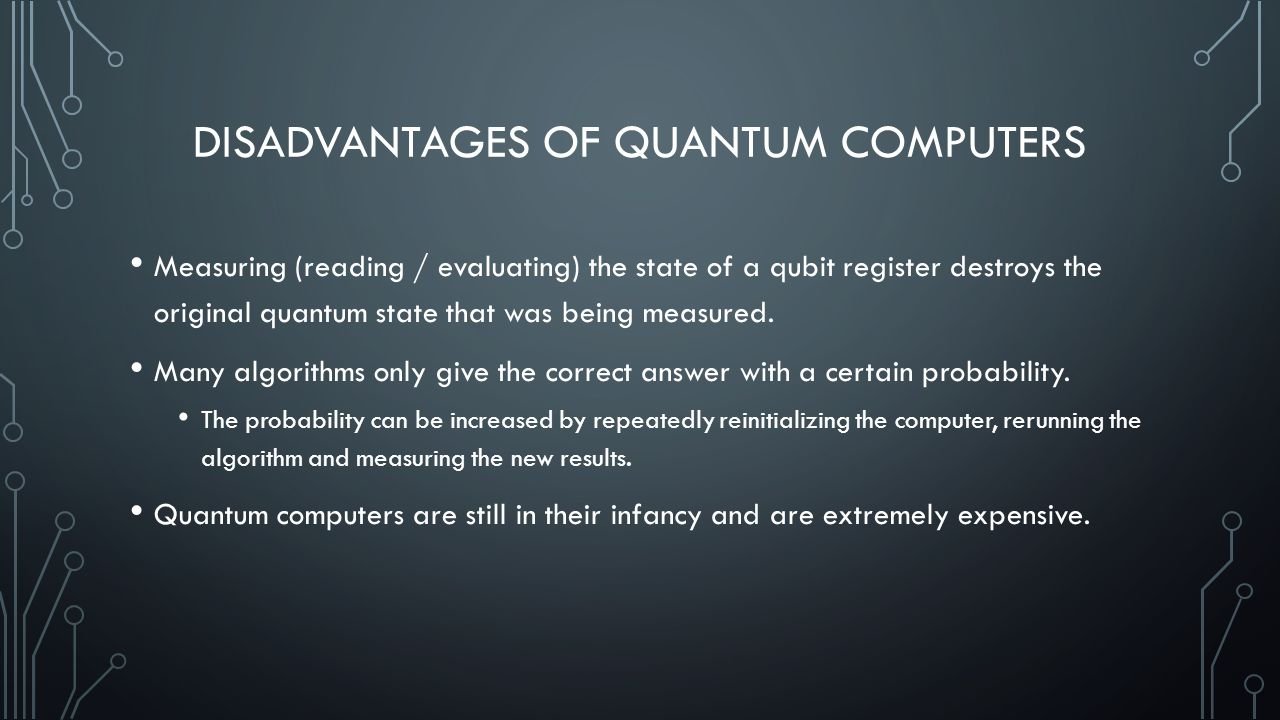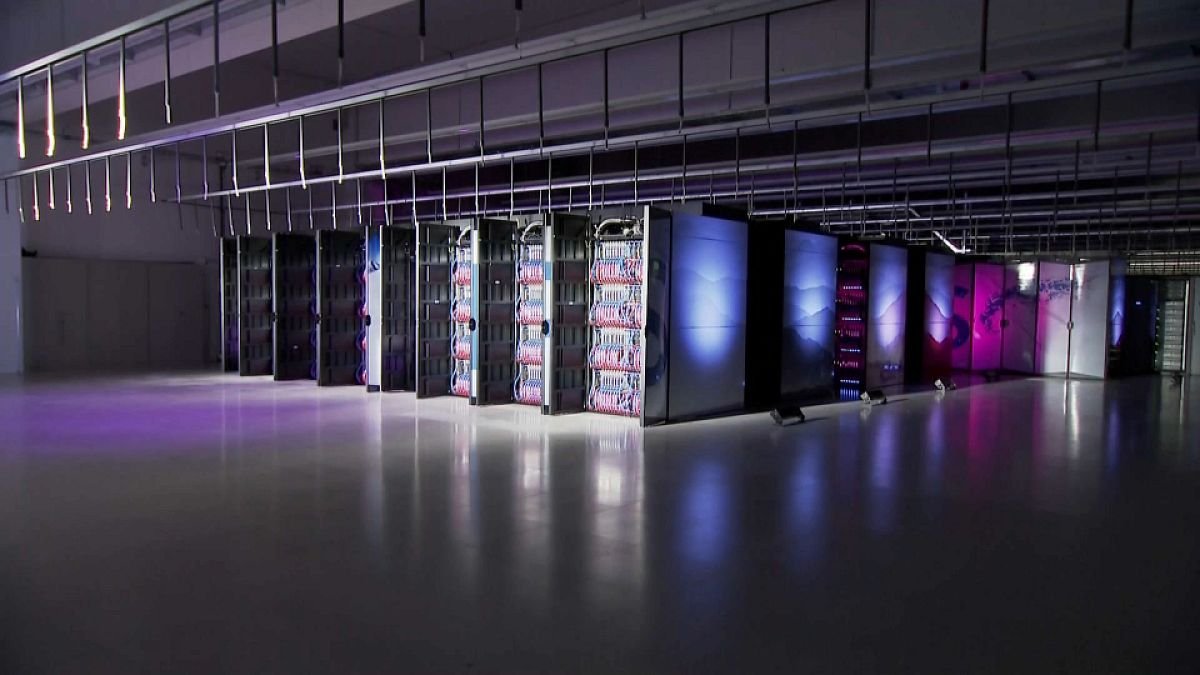“`html
Hey there! **Quantum computing** is super exciting, but it’s not a magic bullet. Like any technology, it has its limitations. In this article, we’ll explore some key hurdles that researchers and developers face in bringing **quantum computers** into widespread use. Understanding these **quantum computing limitations** is crucial to managing expectations and shaping realistic applications.
Table of Contents
ToggleKey Challenges in Quantum Computing
One of the biggest **quantum computing limitations** is the fragility of **quantum bits**, or **qubits**. They’re incredibly sensitive to environmental noise and disturbances, which can cause errors and affect the accuracy of calculations. This makes it hard to maintain the delicate quantum states for long enough to perform complex computations.
Qubit Stability and Error Correction
- **Environmental Sensitivity**: **Qubits** are vulnerable to vibrations, temperature fluctuations, and electromagnetic fields.
- **Error Rates**: The current **error rates** in quantum computations are still quite high, impacting the reliability of results.
- **Error Correction Techniques**: Researchers are developing sophisticated **error correction techniques** to mitigate these problems, but it’s a significant challenge.
Quantum Computing Hardware Limitations
Building and maintaining stable, **scalable quantum computers** is incredibly difficult. Current **quantum computers** are often specialized machines, not easily adapted for different tasks. This **specialization** poses a challenge for broad applicability.
Scalability: A Crucial Quantum Computing Limitation
Building **quantum computers** with a sufficient number of **qubits** to tackle complex problems is still a major hurdle. Current **quantum computers** often have limited **qubit counts**, which restricts the kinds of problems they can handle effectively.
Practical Applications and Quantum Computing Limitations
While **quantum computing** has great promise, many **practical applications** are still in the early stages of development. Some theoretical advantages might not translate into real-world improvements for several more years. Identifying **realistic problems** that **quantum computers** can solve efficiently is an ongoing process.
Types of Problems Quantum Computers Solve Well
- **Drug Discovery**: Simulating molecular interactions can help in the development of new **drugs and materials**.
- **Materials Science**: Optimizing the properties of materials can lead to advancements in various industries.
- **Financial Modeling**: **Quantum algorithms** might enhance risk assessment and **portfolio optimization**.
- **Cryptography**: **Quantum computers** could potentially break current **encryption methods**, though the time frame remains uncertain.
The Future of Quantum Computing
Despite the **limitations**, significant progress is being made in **quantum computing**. Continuous research and development efforts are focusing on improving **qubit stability**, **error correction**, and **scalability**. This is leading to a better understanding of **quantum computing limitations** and potential solutions. This ultimately brings us closer to realizing the potential of this revolutionary technology.
What are your thoughts on **quantum computing limitations**? Leave a comment below and share this article with your friends! It’s important to discuss these **technologies** together to understand their implications.






